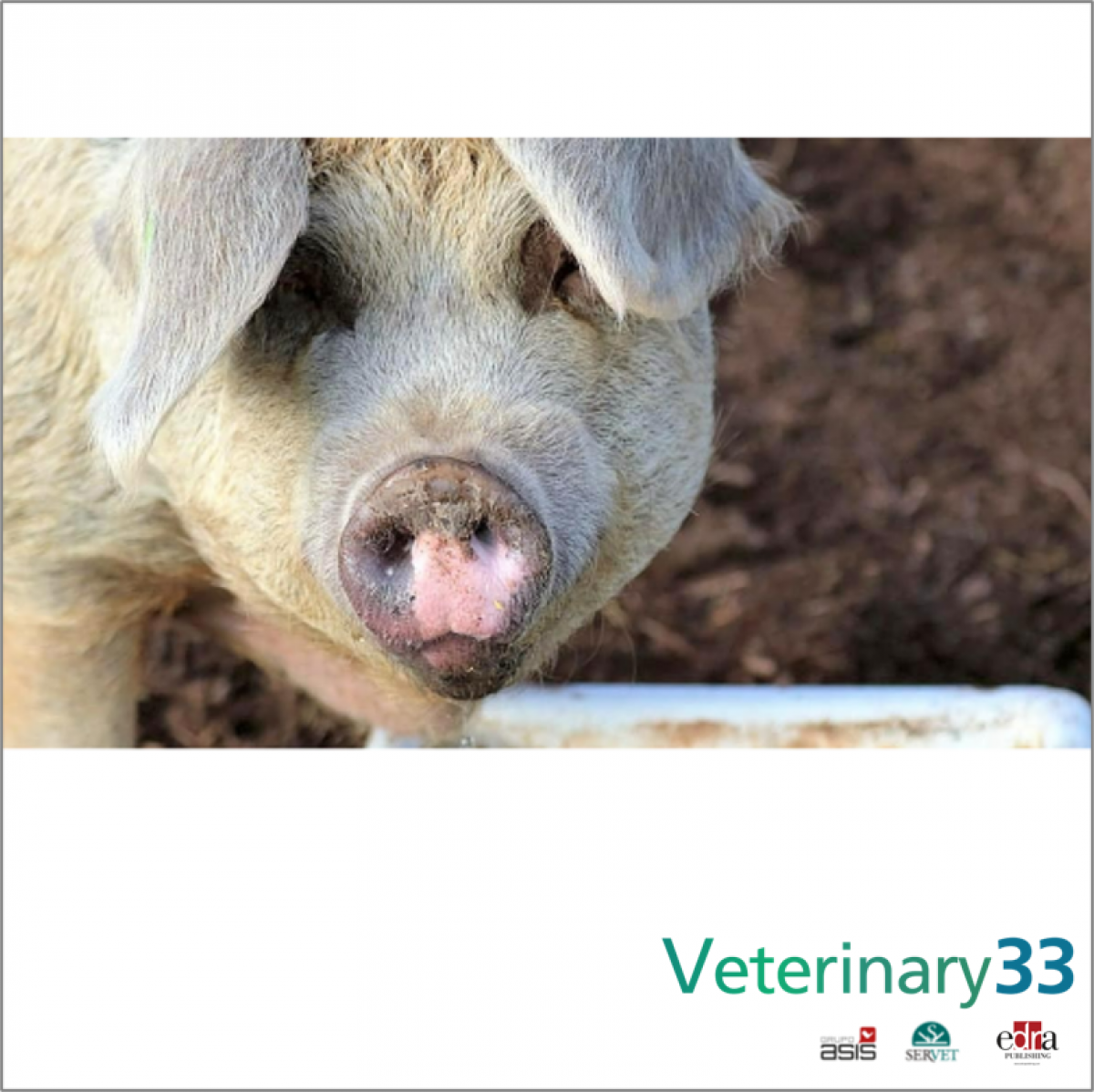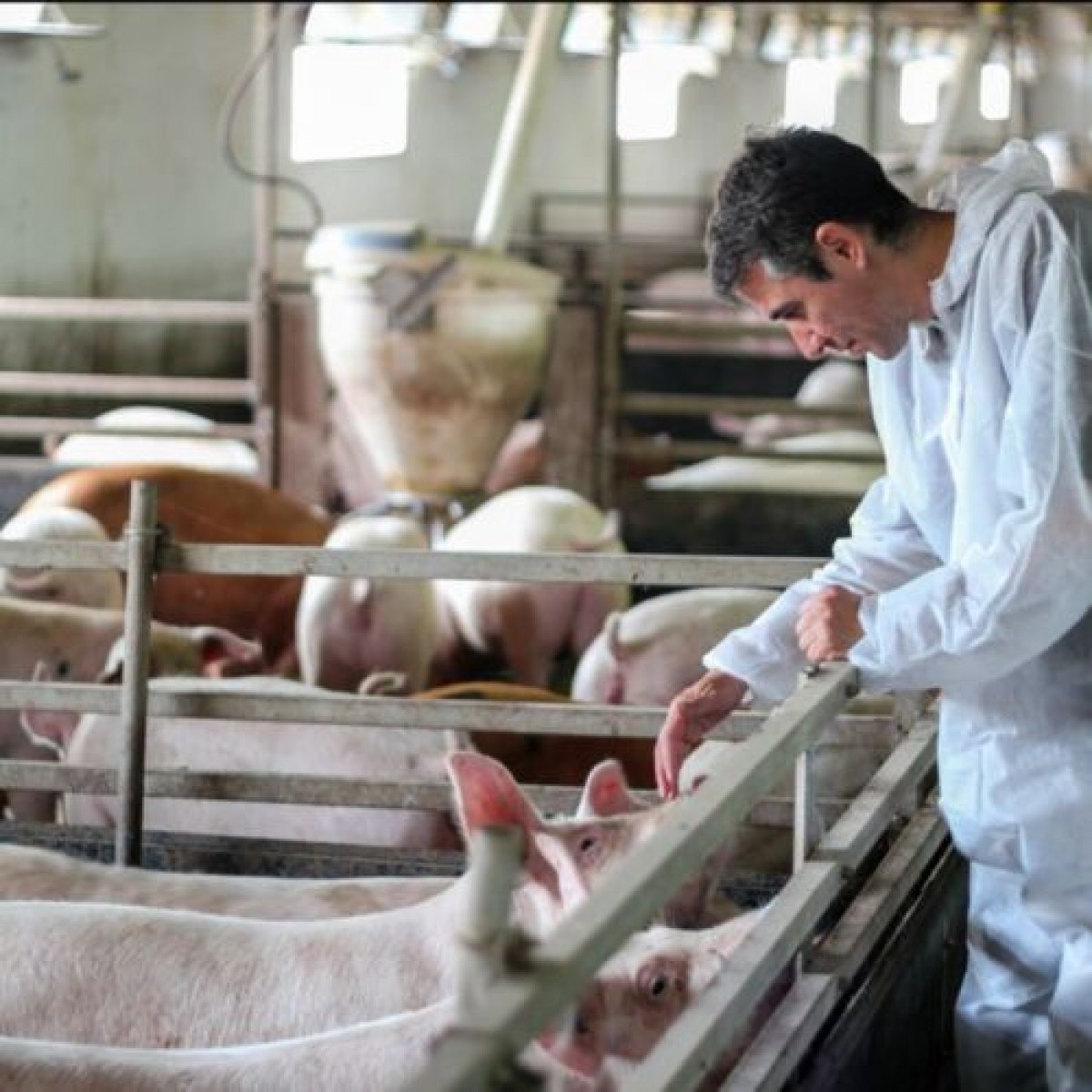Canadian health authorities detect two cases of swine flu in humans
They were reported in early April in two unrelated individuals from different communities in southern Manitoba.
In Manitoba, Canada, the H1N1, and H1N2 subtypes have been detected in two cases of influenza in people. These subtypes usually occur in pigs. According to Canadian Public Broadcasting Cases, the cases were detected in early April in two unrelated people from different communities in southern Manitoba, as explained by Dr. Brent Roussin, Manitoba's director of public health.
According to Roussin, the cases were detected when both people were independently tested after developing a flu-like illness. Both people had mild symptoms and made a full recovery, added the public health director, who also stated that there was no risk to the population as the strains are not easily transmitted from person to person.
Both affected were also tested for COVID-19, but the results were negative. However, the province of Manitoba has increased flu detection during the pandemic, so the samples were re-evaluated. That's when the strains were identified, Roussin said.
One of them had direct contact with pigs.
As Roussin said, swine flu viruses do not normally infect humans, but cases can occur rarely and sporadically. Of the two affected, one did directly contact the pig population, while the other had indirect contact.
There have only been 29 H1N2 cases worldwide since 2005. There were none in Canada until last November when Alberta reported a case. For its part, the case of H1N1 is only the second reported in Canada. The first was in Ontario in 2012, according to a press release issued by the Manitoba government.
A mere coincidence
That two independent cases show up around the same time is a mere coincidence, most likely related to the abundance of flu tests being done, Roussin said.
Investigations into the cases are ongoing to determine how the transmission may have occurred and make sure there is no other infection. However, there are no signs of sustained person-to-person transmission at this time, he added. "It is certainly possible that this is a true increase in the number of these cases, possibly due to exposure to infected pigs or through subsequent limited person-to-person transmission."
There is no risk to the population.
The press specifically asked if the person who had indirect exposure to pigs contracted the virus from someone else, a possibility that could not be ruled out due to the lack of "sustained" transmission. "We have no details on that at this time," Roussin said but stressed that no one is taking any risks. "We have examined many close contacts and analyzed the respiratory results of many people in the region, and we have not found any other evidence of spread."
About 170 negative COVID-19 tests of people in the region were retested for flu, and all came back negative, Roussin said. The two cases are only being made public because international health regulations require that, he added.
For his part, Manitoba Veterinary Director Dr. Scott Zaari emphasized several times during a press conference that people should not worry about their meat supply. "Pork is absolutely safe to eat," he said, and the two cases will have no impact on the transportation of pork products across borders.
"I want to make it clear that these viruses are not a food-related disease. It is not communicable to people through pork or other products that come from pigs," he said, adding that there was no epidemiological evidence linking both cases with no particular pig farm.
Still, health spokespeople did not elaborate on the specific location of the cases beyond the southern Manitoba region or the environment linked to the cases, whether the pigs were part of a large swine facility or a small farm, or if direct contact occurred through transportation.
What they did do was urge anyone who works with pigs or poultry and has flu-like symptoms to identify themselves as a farm worker to medical officials, including at COVID-19 testing sites, to help identify any possible additional cases of the flu.














List
Add
Please enter a comment